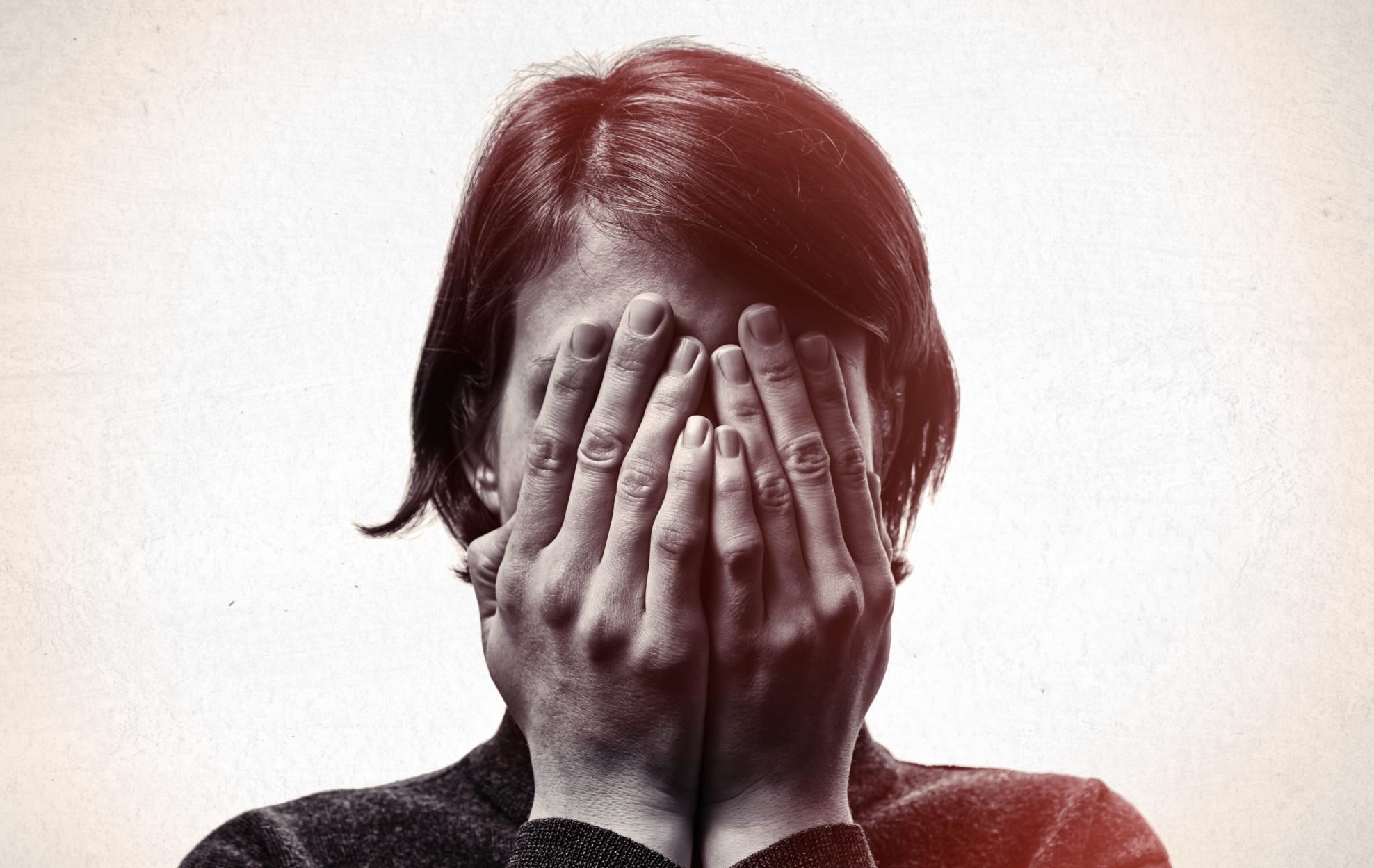For Shame

The Shame Machine: Who Profits in the New Age of Humiliation, by Cathy O’Neil (Crown: 2022), 272 pages.
Cathy O’Neil is a brilliant mathematician, erstwhile MIT prof and Wall Street quant, and former regular on the Slate Money podcast. All this is to say that she knows numbers. Her earlier book, Weapons of Math Destruction, provided fascinating insight into the misuse of algorithms in our increasingly data-driven society.
In The Shame Machine, O’Neil turns to a rather unquantifiable concept: shame. Her thought-provoking narrative focuses on those affected by shaming and social stigma. She writes effectively about people shamed for their social circumstances, or by the message that those who pull themselves up by their bootstraps or cure themselves of addiction are proof that anyone can succeed if they only apply themselves. As we celebrate those who overcome challenges it is easy to denigrate those who cannot.
O’Neil’s personal experience with shaming centers around being “fatshamed”—first by her parents, and later by society in general. She was shamed when she attempted to request gastric surgery, as her insurance company demanded she prove she was unable to lose weight before they would consent to the treatment. I’m sure most readers will sympathize with her struggle in confronting the byzantine bureaucracy that is health insurance. Her suggestion that society considers weight-loss surgery a cop-out or a failure is intriguing, given that it doesn’t apply that attitude to other medical treatments. People are shamed, O’Neil suggests, for taking what is seen as a “shortcut,” rather than grinding it out at the gym for years—even though the surgery can be more effective in terms of controlling diabetes.
Making fun of fat people isn’t new, but the rest of the shame landscape has changed dramatically in recent decades. Shame previously relied on a culture’s having a shared template of what people should feel bad about. Yes, the template was sometimes unjust, but most people were aware of its existence. Today, people are shamed for breaking rules that were invented only yesterday.
Some of this shaming involves “offense archaeology,” in which the shamers trawl social media for a poor-taste joke posted on Facebook 11 years ago. They’re not organically responding to something offensive, but looking for things to be offended by. If O’Neil had taken this further, she could have answered the question posed in the second part of her title: Who profits from this? Motivated actors are clearly behind some shaming campaigns, in part to topple competitors in overcrowded elite fields.
O’Neil acknowledges that our outrage is addictive—we all know the temptation to hit “retweet” or join the pile-on. It’s easy to be indignant from behind a screen, and nothing ever disappears from the internet. Admitting this is part of O’Neil’s solution:
The way out of today’s shamescape involves recognizing that we all make mistakes, and some of us commit crimes. We are responsible for what we do and should make amends for it. But our mistakes and missteps shouldn’t plunge us into everlasting shame. There has to be an expiration date.
The challenge with “shame” is its amorphous definition. I may feel shame (or guilt) for something I have done wrong. But if you scold me for breaking a rule on social media I didn’t know existed, is what I feel shame? Or just confusion or anger?
O’Neil discusses what she considers positive examples of shaming, but they are a bit of a grab-bag, ranging from Gandhi’s stand against imperialism, a campaign against police brutality in Nigeria, #MeToo, pandemic-era masking, to a restaurateur kicking out Sarah Huckabee Sanders. She also suggests children are good at shaming, writing:
Kids are the very best shamers—in part because it’s so much harder to accuse them of incivility. They embody innocence and hope, and they rarely have any skin in the game, whether power or money, so their motives are pure. They have only their values. A perfect example is Greta Thunberg, the Swedish teenager who in 2018 launched a solitary campaign to shame polluters and save the planet from global warming.
I’m less convinced. I don’t think anyone who wasn’t already an environmentalist heard this teenager and was immediately struck with remorse because they drive an SUV. As for her other supposed positive examples of shaming, quite a few relate to issues for which there is no community consensus that they should be shameful. O’Neil’s endorsement of those shaming incidents reveals her political views and suggests she is not taking an even-handed approach to shame as a concept and social tool.
Modern culture also offers the flip-side of shaming. Reality television shows people behaving in ways that would certainly have been considered shameful in prior generations. Non-famous people also behave in ways many of us would find mortifying and happily post it online. Don’t judge me, is the message. This is the tension when it comes to shaming: we no longer have such a clear societal template of what should be considered shameful.
Indeed, one of the most interesting things O’Neil describes is the building of social consensus. She writes of a Pueblo nations ceremony, in which painted performers enact misbehavior, showing the audience what is unacceptable. These “shame clowns” reinforce social norms through their performances, as the characters learn to behave correctly. That seems fair enough: tell everyone the rules, and we’re all on the same page.
Tell people off for things they didn’t realize were wrong, and we’re onto something completely different. Who profits from that remains, alas, unclear. It seems to be leaving all of us poorer.
Katrina Gulliver is a historian who has written for the Spectator, TIME, the Atlantic, Slate, Reason, and the Weekly Standard. Currently, she is working on a history of urban life. Follow her on Twitter @katrinagulliver.
Comments